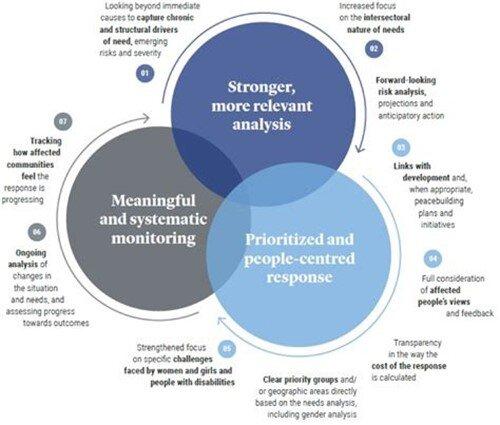Decolonial Aid: A Different Approach to Humanitarian Work
In recent years, the conversation around humanitarian aid has shifted towards more inclusive practices. Decolonial aid seeks to challenge traditional aid models that often perpetuate colonial power dynamics. This approach recognizes the importance of local knowledge and cultural context in delivering effective assistance.
The Roots of Decolonial Aid
Decolonial aid is rooted in the historical context of colonialism and its lingering effects on modern humanitarian efforts. Many traditional aid models have been criticized for their top-down approaches, which often ignore the agency of the communities they intend to serve. Understanding these historical dynamics is essential for creating a more equitable framework for aid.
Community Empowerment and Participation
A core principle of decolonial aid is the empowerment of local communities. This model emphasizes collaboration and active participation, rather than dependency on external forces. By involving community members in the planning and implementation of aid projects, their unique insights and needs can drive more effective solutions.
Shifting Power Dynamics
Decolonial aid advocates for a shift in power dynamics between donors and recipients. This includes recognizing and valuing the expertise and leadership present within affected communities. By redistributing power, humanitarian efforts can foster sustainable development that is truly driven by the people it aims to support.
Building Sustainable Solutions
Long-term solutions are a crucial aspect of decolonial aid initiatives. Instead of providing temporary relief, these programs focus on addressing the root causes of crises. This holistic approach ensures that communities are better equipped to withstand future challenges and thrive independently.
Conclusion: A Call to Action
The decolonial aid movement is not just a concept but a necessary shift in how we approach humanitarian work. By embracing this paradigm, we can honor the dignity and capabilities of affected populations while creating more sustainable and just systems of support. For more insights into this transformative approach to aid, you can read more at The Borgen Project.

